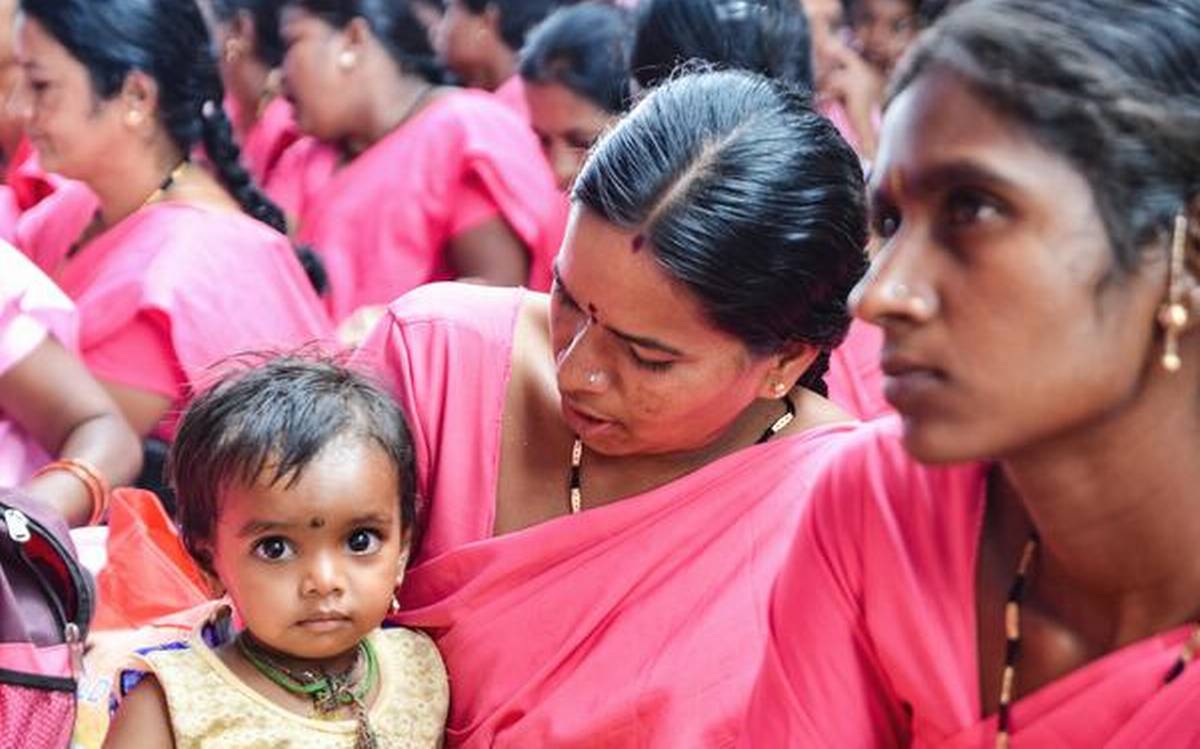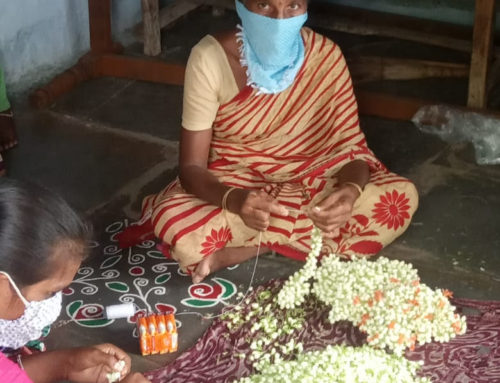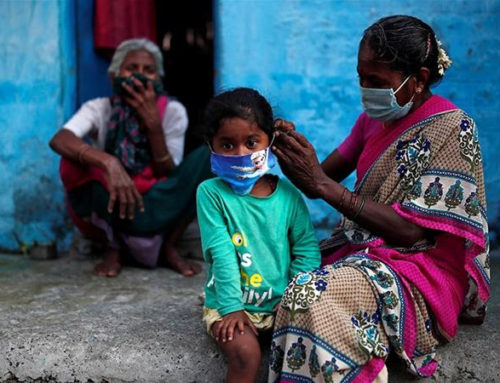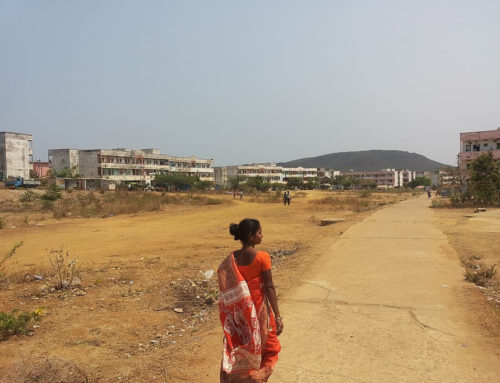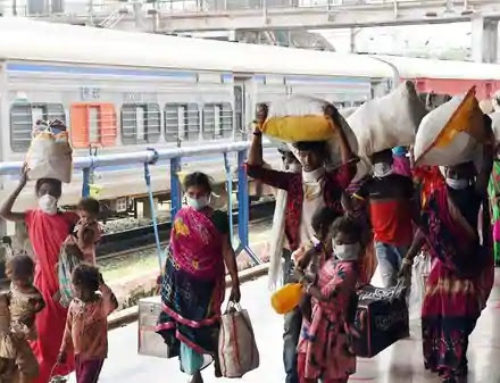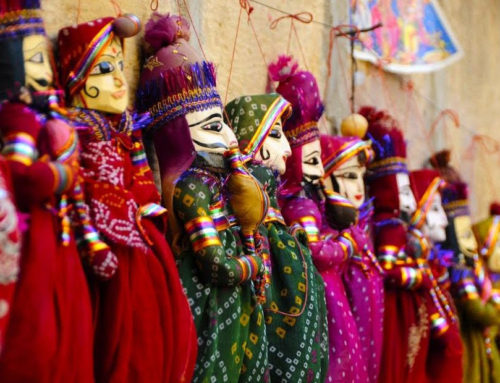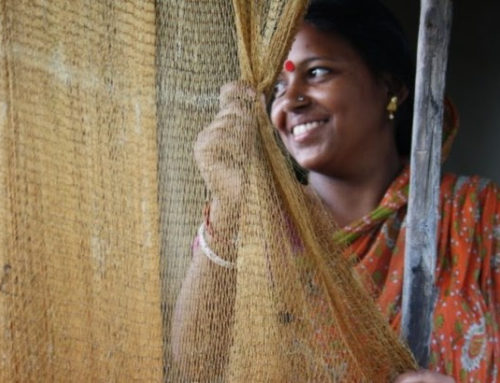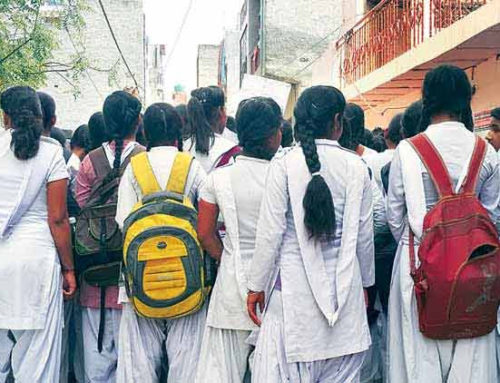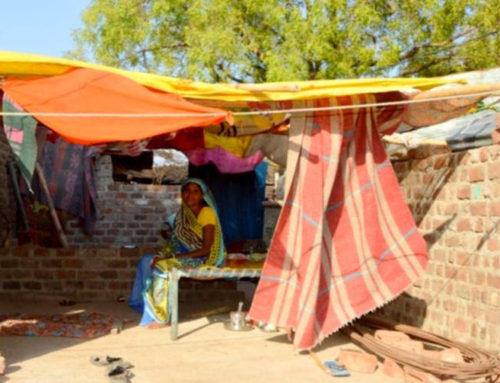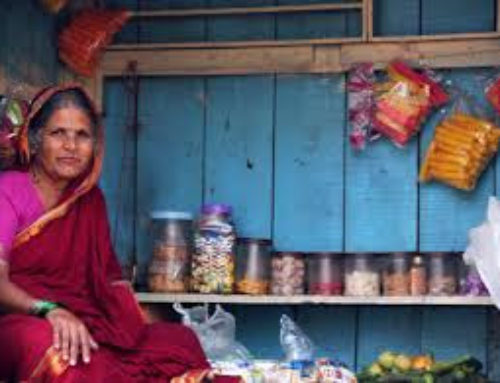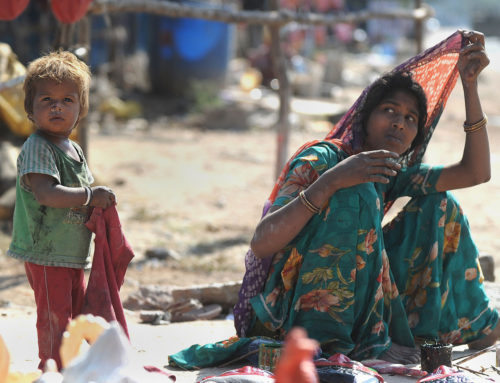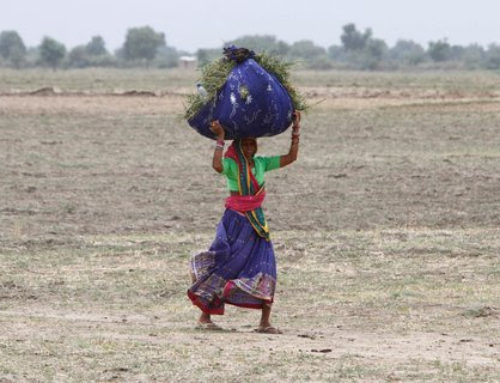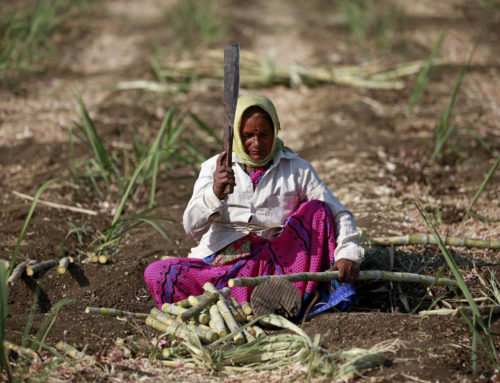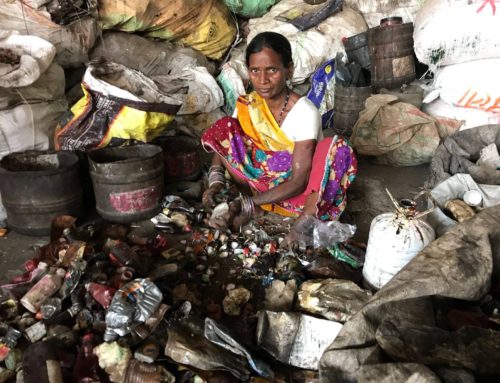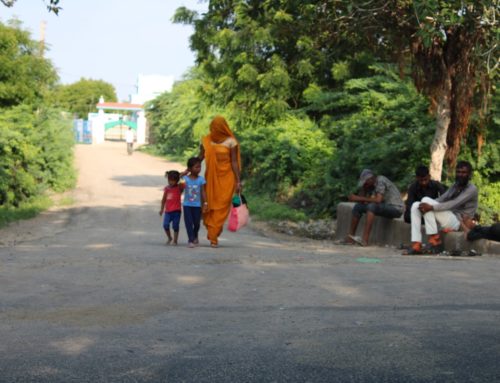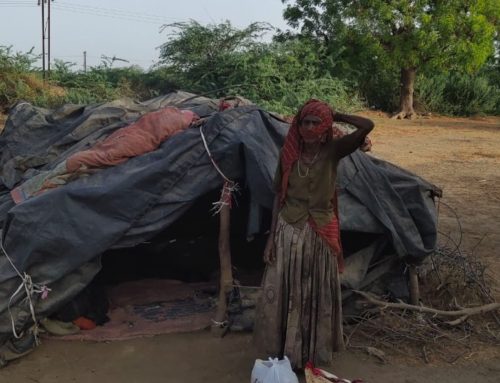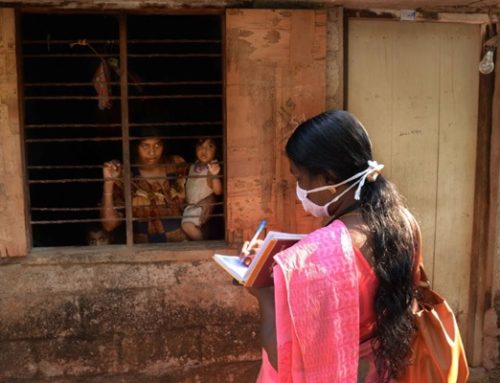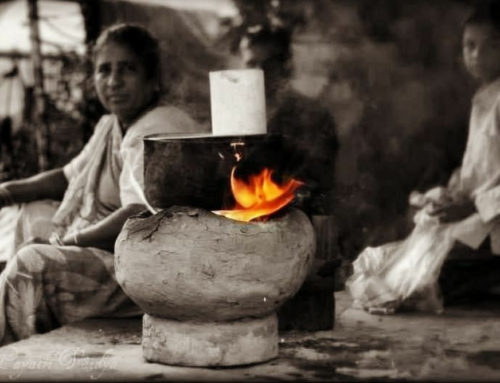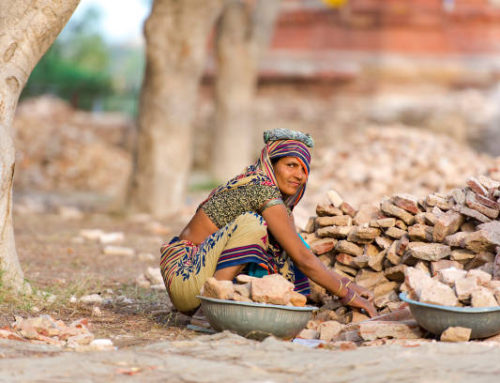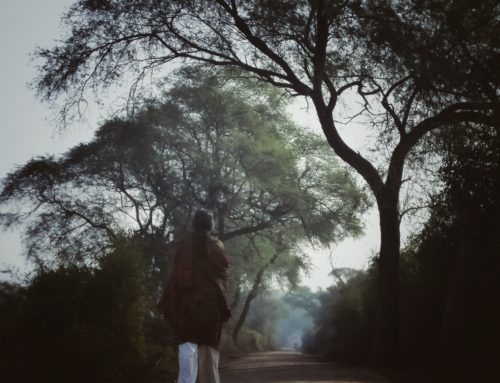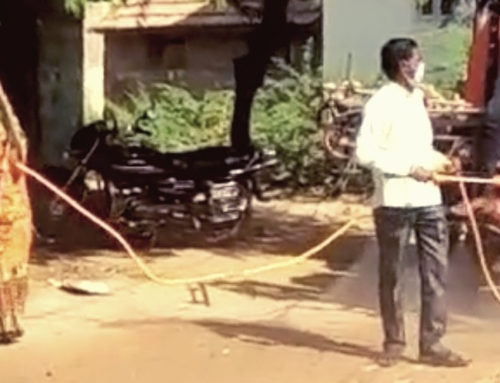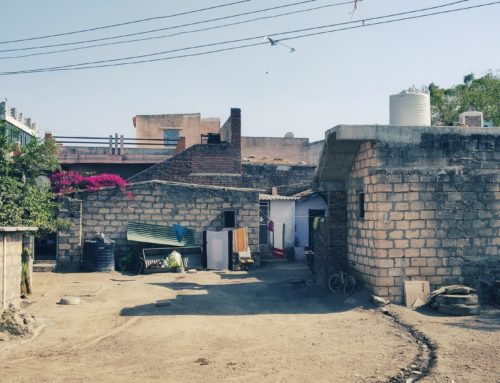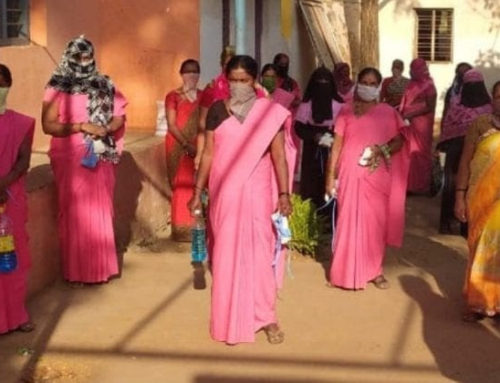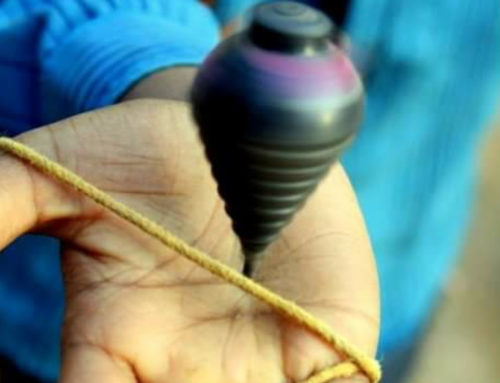Kamla, an ASHA worker was married off at age 14. Four years later her husband died of a kidney infection, leaving her widowed at 18 years of age. She has two sons from the marriage, now 18 and 14 years of age.
Her second husband is 10 years older than her and has been abusing her sexually, physically, mentally and financially. He does not give money, feeds off his wife and uses all her income to buy alcohol. He is suspicious, accuses her of having affairs and of being a sex worker. He uses emotional manipulation and abuse to force her into having sex with him as he pleases.
Her income as an ASHA worker is not sufficient to feed a family of four, but her elder son, works in a private firm and helps with the finances. The husband makes the children part of their fights and tells them that their mother is a sex worker making it an abusive home for them too. Due to the lockdown, the kids and Kamla are stuck at home in this toxic environment. Her son has not been able to work because of the lockdown leaving them wanting for funds. Her husband has not stopped drinking; he borrows money from people to buy his stash. The stress of having to return this borrowed money and the toxicity at home is affecting her health adversely with no means of escape or respite at the moment. She has been getting migraines. Kamla says that the mental and emotional trauma is getting too much for her to bear and that she doesn’t know how long she can hold out.

